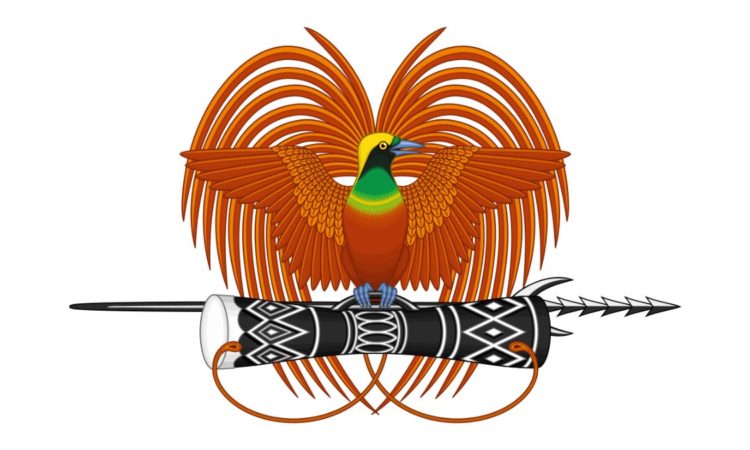During a recent retreat for the public service in Madang, the president of Divine Word University (DWU), Fr Jan Czuba, challenged Papua New Guinea’s public sector to realign its leadership culture and ethical foundations in order to become more effective, The National reports.
Key take-aways from Czuba’s presentation
- He asserted that public confidence in many government institutions has declined due to erosion of ethical practices, citing reports by the Public Accounts Committee.
- “The performance of the public service is not on par with the private sector… The private sector’s greater contribution has weakened the public sector,” Czuba said.
- He emphasized that adopting a purely Western-style leadership model is not practical in PNG; instead, he said organizations should consider how local cultural systems—such as the clan system—can inform leadership, and that each organization should integrate cultural norms.
Supporting academic views
Prof David Kavanamur of the University of Papua New Guinea backed Czuba’s remarks, pointing out that with over 800 languages in PNG, a shared values and belief system is needed for any emerging values framework.
Challenges identified in the public service system
According to the presentation and supporting commentary:
- The machinery of public service is said to be incompetent at handling economic pressures brought by investors.
- The appointment processes (for both permanent and acting positions) are described as too slow and cumbersome.
- There are planned legislative amendments to impose time-limits on documentation and processing to speed up service delivery.
What this means for the future
The core message is that while the system hasn’t collapsed, it requires a “paradigm shift” in the mindset of people operating within it. Czuba said the system “is in the hands of the people” and the transformation must come from within.
If PNG’s public service is to become more responsive, efficient and trusted, the shift will involve:
- Embedding ethical leadership and accountability at all levels
- Adopting value frameworks that reflect the country’s cultural complexity while enabling modern governance
- Streamlining bureaucratic processes to match the pace of the private sector and economic realities
Conclusion
The message emerging from Madang is clear: For PNG’s public sector to better serve its citizens and support the nation’s development goals, leadership must evolve—and cultural alignment and ethics are at the heart of this change.

